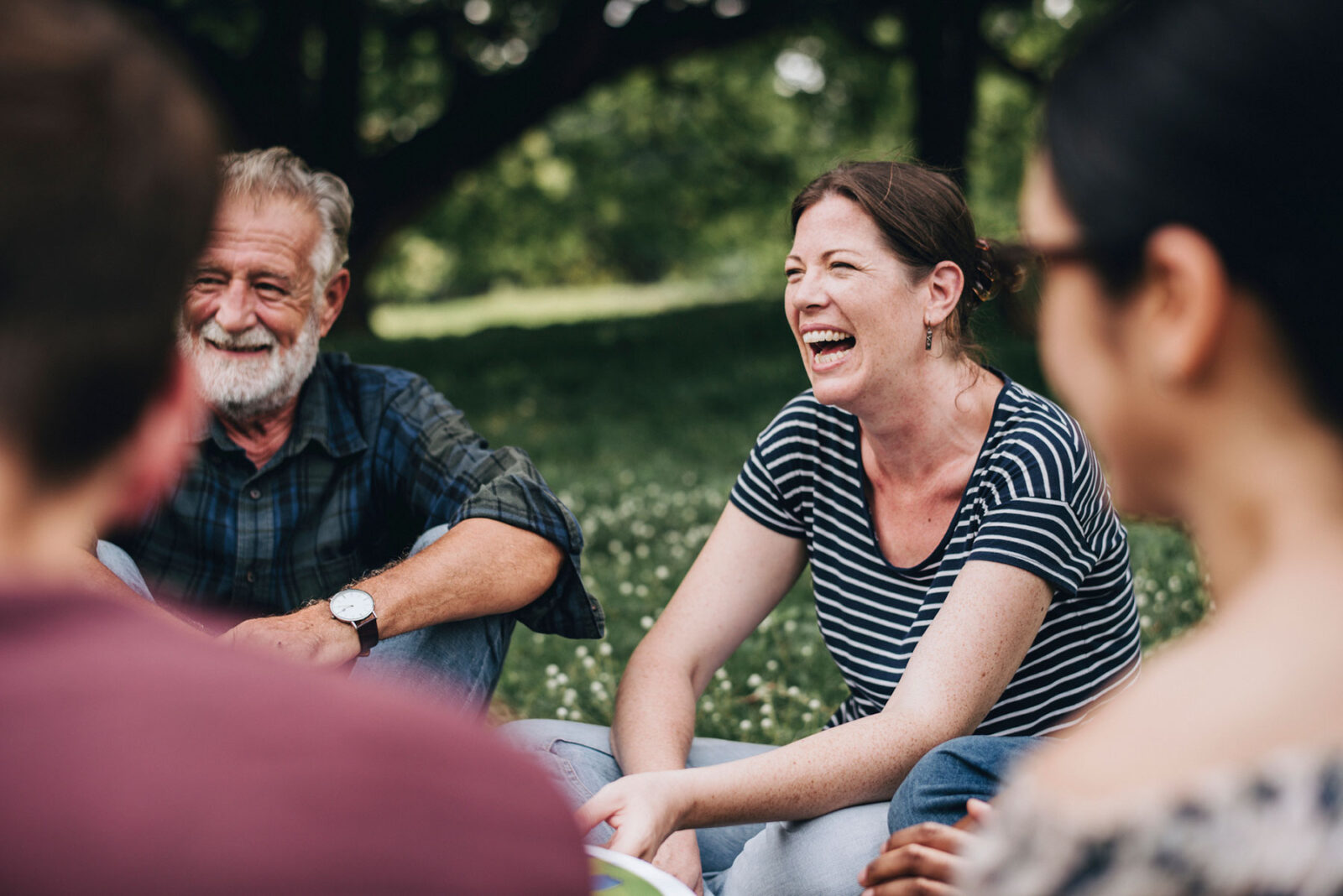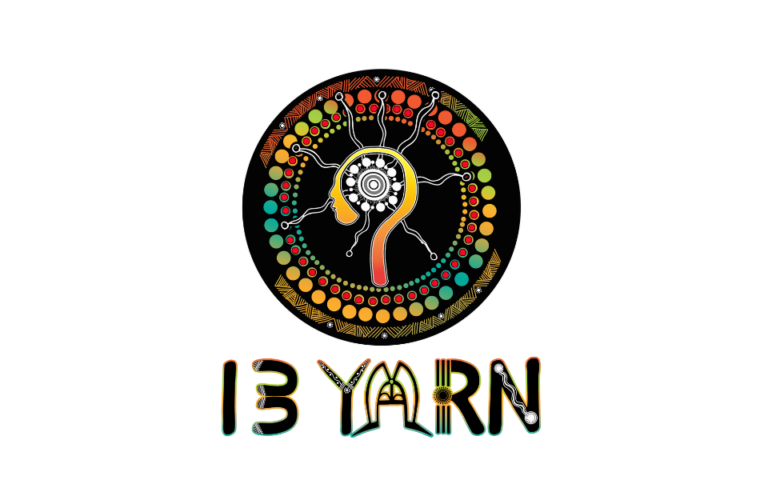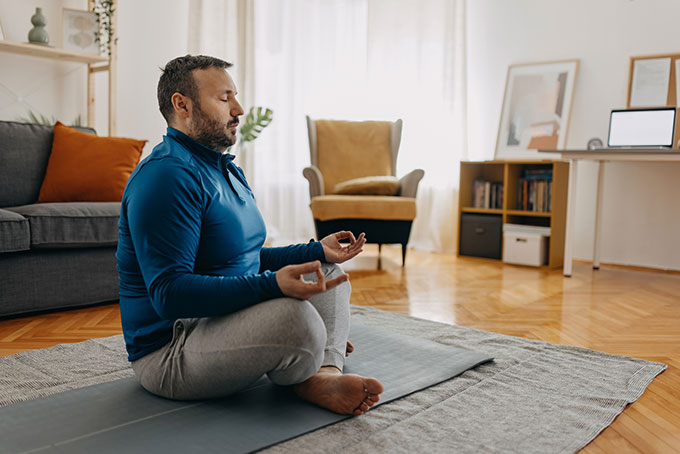Understanding loneliness
Loneliness is a familiar feeling for many of us, with almost one in three Australians reporting feeling lonely and one in six experiencing severe loneliness.[1]
The Australian Psychological Society defines loneliness as a sense of distress that arises when our social connections are not what we’d like them to be. This might mean our current relationships do not fulfil our need for connection.
We can be surrounded by other people and have many friends online but still feel lonely.
Lonely Australians report having poorer mental health, physical health and quality of life.[2] Loneliness can be a precursor to mental health issues such as anxiety and depression.[3]
To help address these challenges, the Australian Psychological Society has developed 14 tips for fostering stronger connections with others. Hopefully, a few of these will resonate with you and help you build more fulfilling relationships.
14 tips to connect with others and overcome loneliness
Social relationships support good physical and mental health. These tips aim to help you enjoy better relationships so you can feel the benefits of a positive connection.
1. Think positive
Often, we worry about how others perceive us in social situations, which can make us overthink our interactions. Instead of dwelling on these worries, focus on the other person or the conversation’s topic. Adopting a positive attitude can help alleviate the stress and anxiety associated with social situations.
2. Forget comparison
It’s easy to compare ourselves to others and feel like we’re falling short in the friendship department. However, quality and enjoyment matter more than the number of friends we have. We can savour the moments of connection wherever and whenever we find them.
3. Expect change
Circumstances can leave us vulnerable to a sense of isolation. Relationships shift over time, and we may lose touch with friends who were once important. Accepting change as normal can help you adjust.
4. Tolerate discomfort
Anxiety can lead to avoidance of socialising, which can perpetuate loneliness. Remember that awkwardness does not mean that you’re doing anything wrong. Reach out to others, and with time, your social skills will improve.
5. Listen well
Practise listening. Ask questions and really listen to the answers rather than just waiting for a turn to talk. Respond warmly to people’s experiences through your posture, facial expressions, and words.
6. Rehearse
Spend some time thinking about questions you can use when conversation stalls. You might ask if the other person has travelled far, what they like doing in their spare time, or what their thoughts are on a popular show you both watch.
7. Say names
Using someone’s name when you know it demonstrates that you care. Offer your name. Asking about their loved ones or picking up on a previous conversation shows you are attentive and interested in what they say.
8. Go offline
While social media can help us connect with others, it can also lead to disconnection. If possible, try to have a healthy offline life by making time for in-person connections.
9. Chat to strangers
Unexpected moments of connection can greatly improve your mood. Share a smile and eye contact with a stranger or chat with a fellow commuter.
10. Help
Helping others can make us feel good and create a bond between individuals. Offering to help with something small, like carrying a bag or holding a lift, can make someone feel seen and cared for.
11. Join in
Embrace opportunities to join, volunteer, or participate in shared activities. This provides an easy way to meet new people, unite over shared interests, and deepen existing connections.
12. Reconnect
Reach out to friends from your past. Many people welcome such efforts and the feeling that you care. If you plan a catch up, why not revisit a place or experience where you shared happy memories?
13. Manage stress
Social situations can be stressful for everyone, but we can use simple stress-management techniques, such as deep breathing, to help us manage these situations effectively.
14. Practise, practise, practise
Relationship skills can be learnt. Don’t be discouraged. Remember that social connections are good for you.
By implementing these tips, we can deepen our connections with others, build new friendships, and overcome feelings of loneliness. Building strong social connections takes time and effort, but the rewards are worth it.
If you are feeling overwhelmed or are struggling, call Suicide Call Back Service on 1300 659 467 or click the chat button on the right for online counselling. The service is free, and our counsellors are available 24/7.
If it is an emergency, dial 000.
References
[1] State of the Nation Report: Social Connecting in Australia 2023 Ending Loneliness Together https://lonelinessawarenessweek.com.au/wp-content/uploads/2023/08/state-of-nation-social-connection-2023.pdf
[2] Australian Loneliness Report: A survey exploring the loneliness levels of Australians and the impact on their health and wellbeing Australian Psychological Society and Swinburn University of Technology
[3] Ending Loneliness Together White Paper https://endingloneliness.com.au/wp-content/uploads/2020/11/Ending-Loneliness-Together-in-Australia_Nov20.pdf









